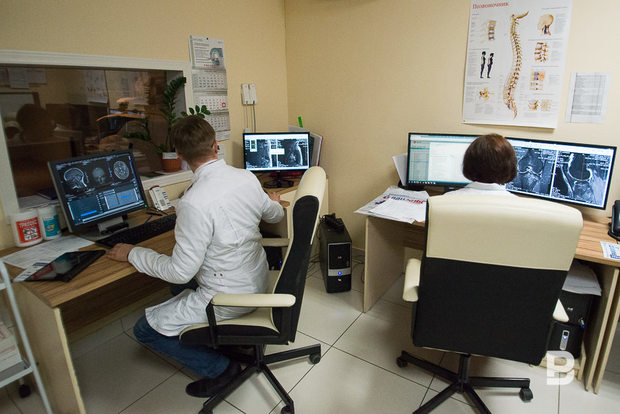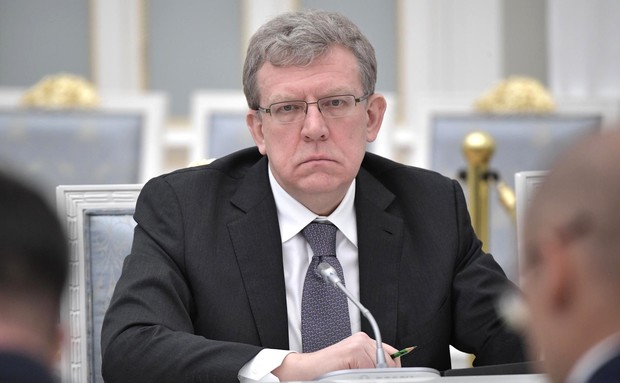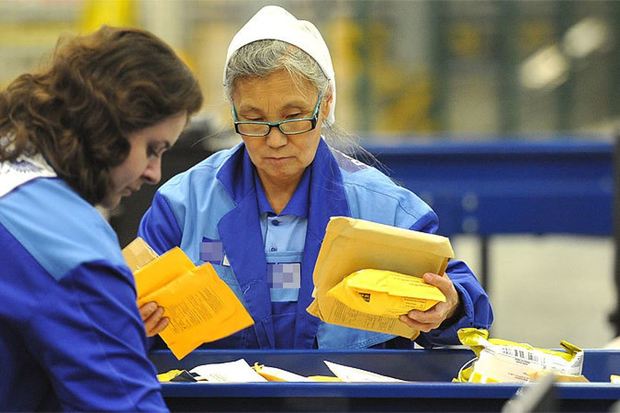Elvira Nabiullina frightened by Russians’ salary growth
But experts doubt these conclusions
The Central Bank of the Russian Federation saw risks for the economy in a deficit of staff in several sectors. In the regulator's opinion, the problem can be solved with salary growth, which can lead to high inflation and slow growth of GDP. However, experts are sure: the Central Bank is exaggerating. Realnoe Vremya tells the details.
Central Bank found a salary threat
The Bank of Russia is concerned about the lack of specialists in several sectors: the labour market has a deficit in health care, education, science, mechanics, IT and a deficit of high-qualified workers. The Central Bank is afraid it can have bad consequences for the economy or, more precisely – increase inflation and scotch GDP's growth. The regulator's press service recently told Izvestiya about it.
In the Central Bank's opinion, not the lack of workers in itself but its consequences can have a negative impact. ''The deficit of labour resources can have two negative effects for inflation and economic activity indicators. A direct one is outrunning growth of salaries in comparison with workforce productivity. A reduction of the potential of production growth because of no possibility to attract needed workers is the indirect effect,'' the regulator's press service tells.

Analyst of Raiffeisenbank Stanislav Murashov shared the fears of the Central Bank. If this scenario comes true and salaries in the mentioned sectors increase more than workforce productivity, it can add another 0,5% to the inflation rate, he told the newspaper.
In the first quarter 2017, inflation in Russia grew by 2,3%, while the Central Bank fixed the target indicator at 4%. Current inflation is close to the target despite a short-term rise to 4,4% in June. ''In addition, the tendency for stable low inflation is conserved. Deceleration of growth paces in prices for food excluding fruits and vegetables continued as well as reduction of inflation in the non-food market and basic inflation,'' the Central Bank wrote in July commenting on the decision on the key rate.
Lasting pain
Workforce productivity is a problem the authorities have been talking about for many years in a row: despite all the efforts, its growth remains weak. President Vladimir Putin set a task to increase productivity by 5-6% every year. Now Russia is seriously falling behind developed countries in this indicator, he admits.
''According to indicators in this sphere in Russia, Russia loses to effective economies more than twice. And thanks to the powerful technological progress, which is gradually developing in the world, this margin can seriously increase if we don't react to it on time,'' the president stated in March during the meeting of the Council for Strategic Development and Priority Projects.

The expert community has raised this problem many times. For instance, director of the Centre for Strategic Research Aleksey Kudrin always mentions the low workforce productivity. According to him, the productivity increased by about 60% from 2002 to 2015 and by only 8% during 5 years from 2010 to 2015. ''It is a very low growth pace including by standards of rapidly developing countries,'' Kudrin told at an investment forum in Sochi.
Demographic pit
Indeed, the lack of labour resources is a problem. And it is going to become more topical in the next years, Director of the Centre for Business Tendencies Studies of the HSE Institute for Statistical Studies and Economics of Knowledge Georgy Ostapkovich is sure. ''If we look at the balance of labour resources, there is no problem now or, more precisely, it is not seen yet. But, in general, it is obvious there is going to be a deficit of workers in the short run, we are entering a so-called demographic pit,'' he says.
Ostapkovich tells that the share of the population of working age is going to decrease in the next two years. If pensionable age rises, which is inevitable, the number of working people older than 65 years will increase. But they won't compensate the lack of workers aged 29-52 – the most productive group, the expert explains. Ostapkovich forecasts this situation will remain in the next 8-10 years.

However, the expert doesn't share the conclusions of the Central Bank about the threats of high inflation. ''How will it affect inflation? There may be such an effect (Editor's Note: increase), but indirectly, just economically. But it doesn't mean people will start increasing salary immediately if there is a deficit. I don't see such a problem here, at least for doctors and teachers. It may exist for IT workers.''
Deputy Director of the Centre for Prospective Economic Research of the Republic of Tatarstan Mikhail Savelichev agrees with him. In this case, the problem is exaggerated. There are far more serious inflation sources than salaries in several sectors, he says.
Savelichev notes that we are talking about the sectors where salaries are traditionally lower than average salaries in the country. Uncompetitive salaries are what creates the deficit of teachers, doctors and scientists.
The main reason why the concerns about the inflation have no foundation is that the salary level is unlikely to increase significantly. ''I don't see how salaries will increase there. These are sectors that, as a rule, financed by the state,'' the expert says.